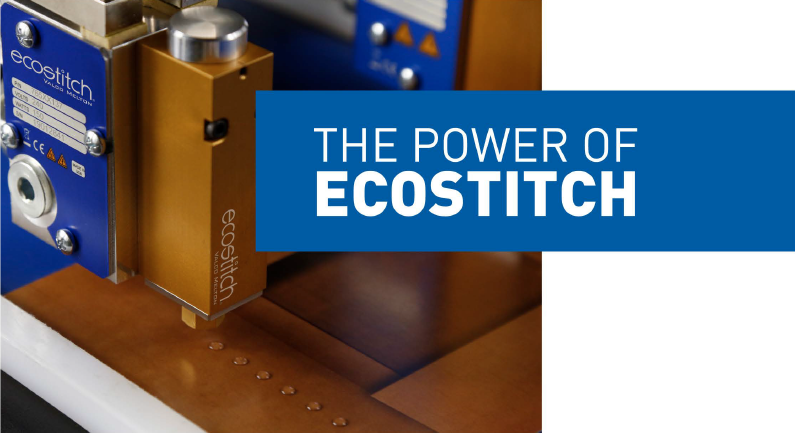Every industry in the world is hearing phrases like “going green,” “eco-friendly,” and “environmentally responsible” more than ever. Private, public, and even government organizations are now working to expedite this ecological shift, reduce our raw material consumption, and lower our carbon emissions. These changes, programs, and initiatives present major opportunities in the sustainable packaging market, specifically for technologies that reduce energy or material consumption.
From the beginning, “going green” was something that only forward-thinking companies would engage in. It would have been unusual for most businesses to think about or implement environmentally friendly initiatives, opting for the most profitable option, regardless of its impact on the environment.
Today, after seeing the effect of these practices, governments worldwide are beginning to levy costly taxes on single-use plastic packaging. For example, a plastic tax in Spain and Italy went into effect on January 1, 2023, while a £200 per metric ton tax was enacted even earlier in the UK. Outside of Europe, North, Latin, and South American countries are all working to tax or ban single-use plastics as well.
In recent years, environmental concerns have also led consumers to consider others forms of sustainability. Many are already making personal changes such as ditching plastic bottles for reusable water bottles, bringing their own cloth bags to stores, and switching to electric or hybrid vehicles to reduce carbon emissions and their daily impact.
Consumers that personally put in the work want to see the companies that they buy from do the same. This has led many global brands such as Nestle, IKEA, Coca-Cola, and Walmart to commit to using 100% recycled plastics or eliminating single-use plastic waste entirely. Even further, many companies have made pledges to achieve net zero carbon emissions by 2040 or sooner.
The business sector isn’t alone, private consumers and governments are committing to change as well. At the 2022 United Nations Climate Change Conference of the Parties, The United States launched the Net-Zero Government Initiative. Eighteen other countries joined the USA in their pledge to achieve net zero emissions by 2050. The impact of this shift is already beginning to show, over the next four years, the sustainable packaging market is forecasted to grow at a compound annual growth rate (CAGR) of 5.03%.
Where do we go
To reach these pledges and to meet the demands of consumers, solutions and practices that are more environmentally conscious must be adopted. Solutions capable of reducing or eliminating unnecessary energy or raw material waste will be more important now than ever.
For example, a palletizing solution like the one developed by Valco Melton significantly reduces or eliminates the use of plastics when securing pallets for shipping. Valco’s palletizing solution applies adhesive to each bag, sack, bottle, or box while loading instead of shrink-wrapping the entire pallet in plastic. By removing these plastics from shipping pallets, this Valco solution not only mitigates the impact on the environment but also saves you money on labor and packaging costs.
Another Valco Melton solution to reduce your energy and material consumption is the top-of-the-line EcoStitch adhesive application system. All-electric EcoStitch melters, applicators, and pattern controllers are easy to integrate with existing machinery, have a 10x longer lifespan than competitors, eliminate the need for compressed plant air, and help drastically reduce energy and material consumption.
EcoStitch applicators help to reduce carbon emissions by applying perfectly circular dots of adhesive instead of beads. This change alone can reduce your adhesive consumption by up to 70%, without compromising bond integrity or altering the parent machines’ recipes. Their 10X longer lifespan means EcoStitch applicators can also reduce your energy and raw material consumption.
While a machine is sitting idle waiting for repairs or maintenance it constantly draws electricity. EcoStitch applicators hold up much longer compared to other pneumatic and electric options. Running up to 2 billion cycles before needing maintenance, they directly decrease energy and material consumption related to part changes and maintenance intervals.
While these are a few examples of ways to reduce unnecessary consumption in your manufacturing practices, they are not the only options. Valco Melton, a world leader in adhesive application and quality assurance, has a comprehensive range of solutions to reduce your energy and raw material consumption furthering your green initiatives. To learn how a Valco Melton solution fits the needs of your facility, click here to have a rep contact you, or learn more about industry-specific solutions here!


